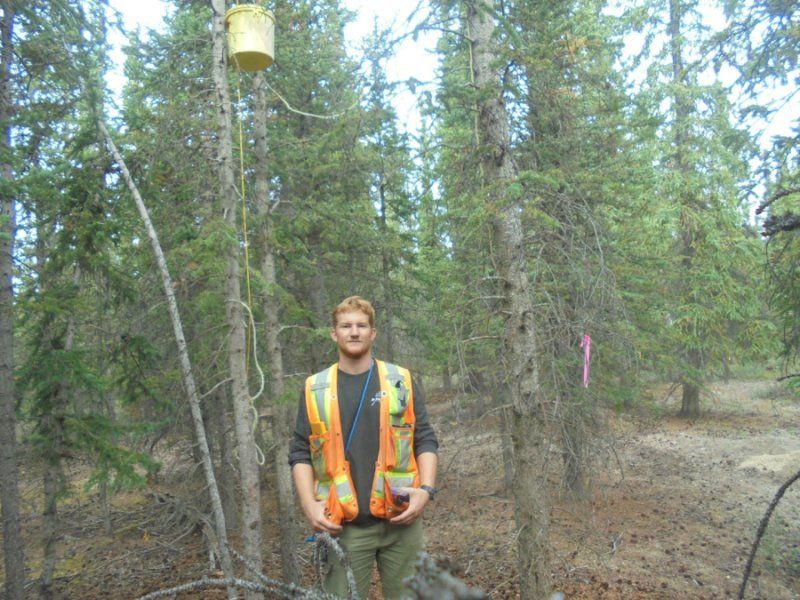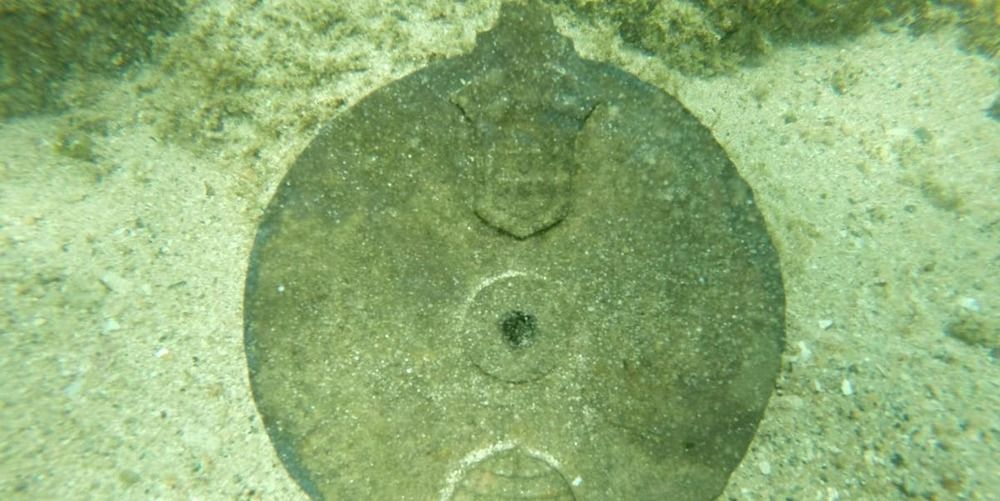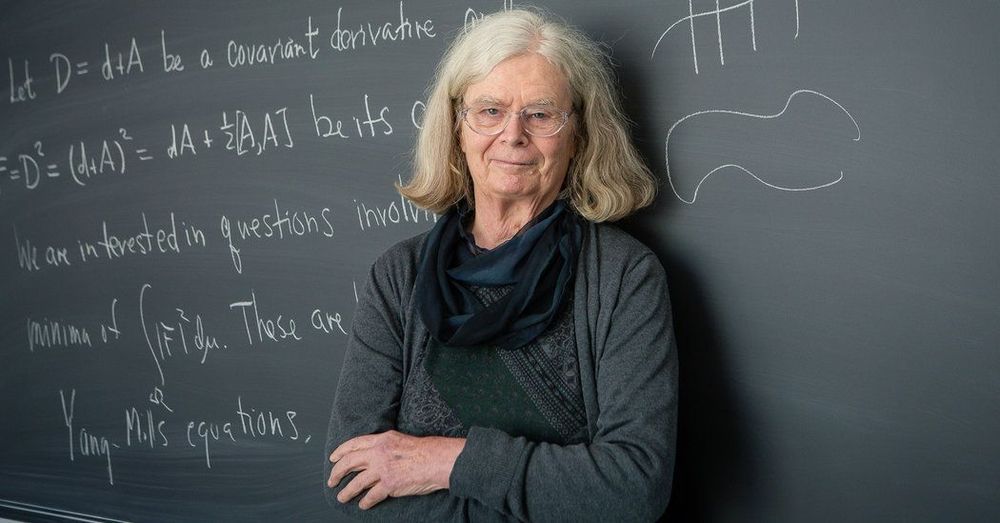“It have. We not learned anything from Jurassic Park. A team of Japanese scientist is attempting to bring back the long extinct, you guessed it, Ernie woolly mammoth the animal has been extinct for nearly four thousand years. I thought it was longer than that. But the scientists have emerged to extract the cells of a twenty eight thousand year old mammoth and transport them into a mouse, the cells show signs of life. We’re gonna have a woolly mouse. Here we go. The cells were taken from a mammoth that scientists call Yuka would have been seven at the time of her death. Okay. Her carcass was in pretty good shape. And they found it in Siberia back in two thousand ten now. You may be asking Ernie rightly so how soon until we start seeing these hairy beasts in our woods. It’s only going to be a matter of time before we see him over in Waco. Oh, sure, they say could be quite a while. While the cells took to the mouse eggs, the cells divide to create anything like a fetus. But it did prove that science. It did prove to scientists that they could reawaken cells isn’t a Willie ma’am at the size of an elephant speaker is even bigger than the elephant much planting this what did they think how big do? They think the uterus of the mouse is gonna ho- how big is this thing gonna have to know the science behind this. But it will be fascinated. The I want to be there for the discussion of where do we put them? Do. We put them exactly where they were. Yeah. We put them in Madison Wisconsin or wherever the heck large populations of them were found dead or do we just like, well, we got to put them in Montana and do they have to be in cold climates? Do they have to the plane in Texas? Well, Waco, actually does have a giant mammoth? Sanctuary study dig whatever you wanna call it. But that was four thousand years ago. I imagine the weather was much colder. No, no, no science on that has been settled. I don’t know the science of the weather twenty eight thousand four thousand years ago. Neither does anyone else. Unfortunately, they settled the science. So if so we have to unleash and Canada, I candidate deal with it. I would suggest this that if you’re going to rebuild the woolly mammoth, which are you in on. I know I think you are weak. You shouldn’t be I think, hey, you had your day it came and went you’re gone. Didn’t is man to blame for them not being around. And you know, no man is not to blame Jesus Jesus. That’s right. You had your shot you blew it. You sat around drinking beer watching TV all day. You got fat all of you had heart attacks, you’re gone. It’s done. So I don’t want these things coming back. But if you’re gonna bring them back, I would like you to modify the genes to where we smaller version. Yeah, they’re the size lapdog. Yeah. They could be the size of a lapdog, and they’re domesticated because I’ll be happy to have a woolly mammoth at the house a little horns. Yeah. Tiny little horns, it’s really adorable or you trick them out to be like those Ali fonts Lord of the rings that have long horn. I like that. Yeah. Something something like that since we’re really tricky since we’re playing the part of Jesus here. Let’s go ahead. And trick these suckers up when they come back or just here’s a better idea. Let’s cross him. So when they come back, they have mink coats, look, really, really snazzy, nightlife. Yeah. Really soft. You can sleep around with them. Chinchilla? Yeah. Exactly beautiful. Now. I don’t like the idea of see I’m all about it. Are you? I when I die. I’m figuring unless something kills mega tell about ninety. Okay. I think by ninety we’ll have it figured out. And if I could see a willy mammoth for die man, that’d be great. But what if a kick ass, but here’s the problem if they can do that. Then eventually they can bring you back and then you’ll see the woolly mammoth in life number two. Nobody’s gonna wanna do that. No guy. They don’t bring back. The key had his shot. Kind of like how you talk about it. You had your shot you blew it. Let’s”
KLIF 570 AM







